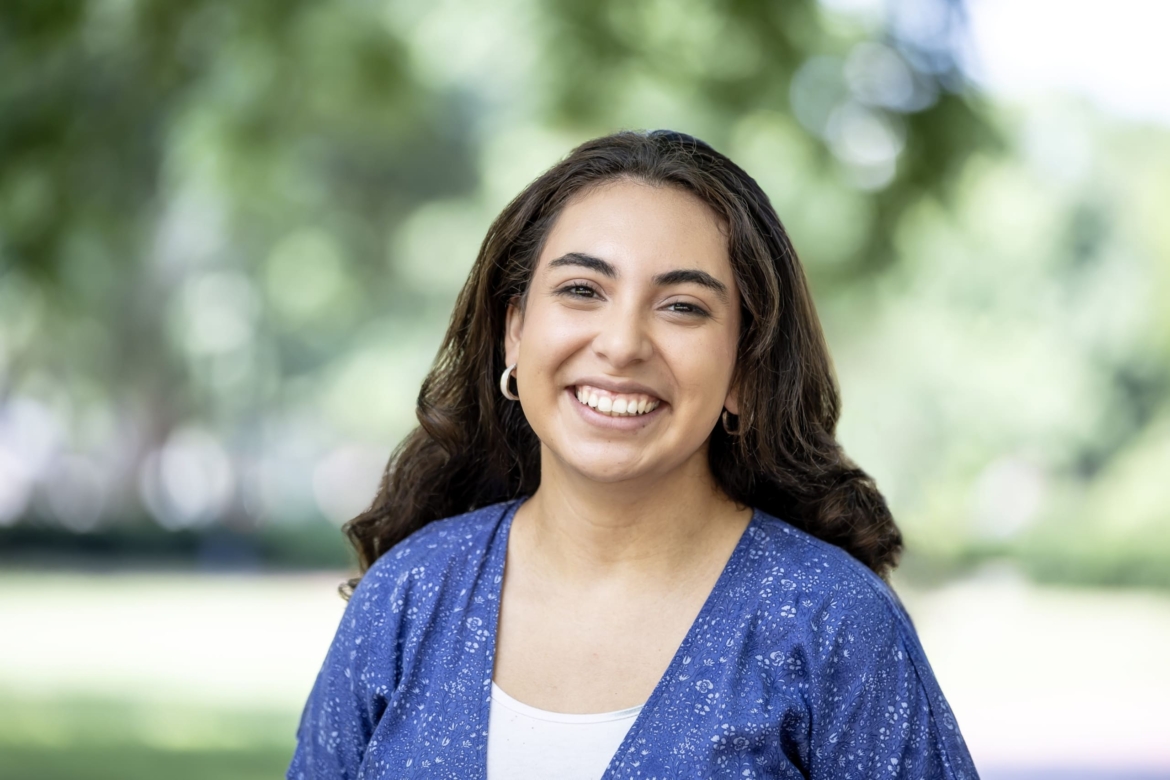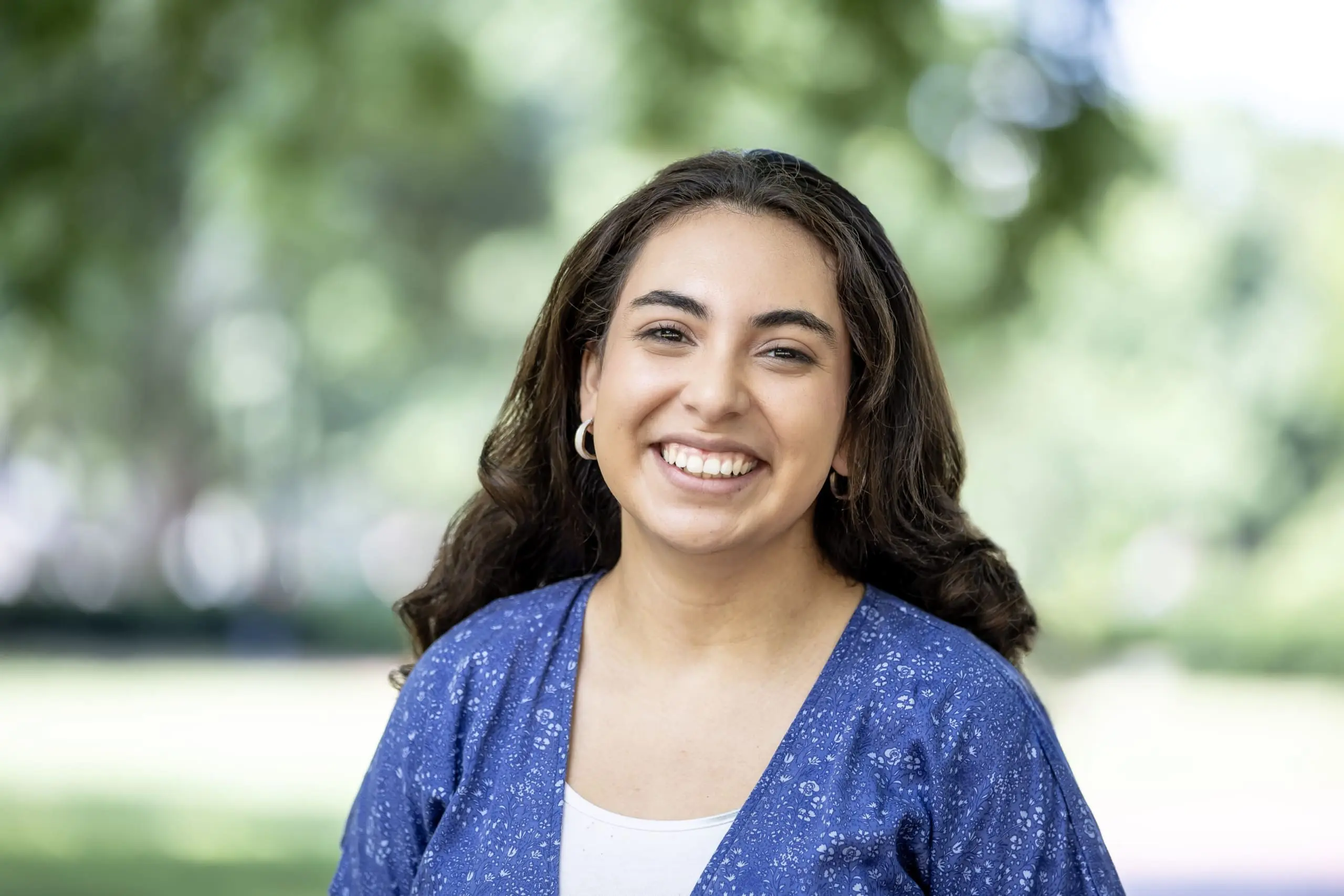
Data is meant to be understood and used. With it, hard decisions are easier, and kids deserve to get that support.
Lennet supports a mix of ongoing research, policy analysis, and communications activities that fuel DQC’s advocacy to ensure that data systems are transparent and work for all individuals.
Prior to joining DQC, Lennet worked as a research officer at an international NGO that focused on different elements of child protection, including safety, education, and migration. There, she worked to create strategic content and recommendations on a number of intersecting issues. Lennet has also worked at various non-profit organizations focused on advocacy and information at the intersection of immigration, education, and housing insecurity.
Lennet holds a bachelor’s degree in Sociology with a minor in Law and society from the University of Maryland, College Park and a master’s degree in Public Administration and Policy with a focus in education from American University. Outside of work, Lennet loves to take walks around the monuments (especially at night), root for the Wizards, and explore new restaurants in the area.
Who is your education hero? My kindergarten teacher, Ms. Magoon, who recognized how difficult it was for a four-year-old to learn and speak a second language in front of 20 strangers. And my parents have always supported me even as they too struggled to learn and speak a second language in front of strangers.
Tell us a data use story that you love. I love the awareness that data can spread even if it uncovers hard truths. An example of this is research that looks at diversity in leadership and the impact of representation. The 2022 report highlighted the importance of representation for underrepresented groups within leadership. It looked at the state of Georgia and how having access to same-race school leaders provides positive experiences for students of color, including higher achievement. The report also noted that school leadership is one of the most important in-school factors to impact social, emotional, and academic development. Data can provide insight into actionable steps that any school can take to diversify leadership. Especially at a young age, kids should be able to see themselves in their leaders!
If you could have dinner with three people, who would they be? Taylor Swift, Bad Bunny, and my grandmother—who would be very confused about how I know these people.


